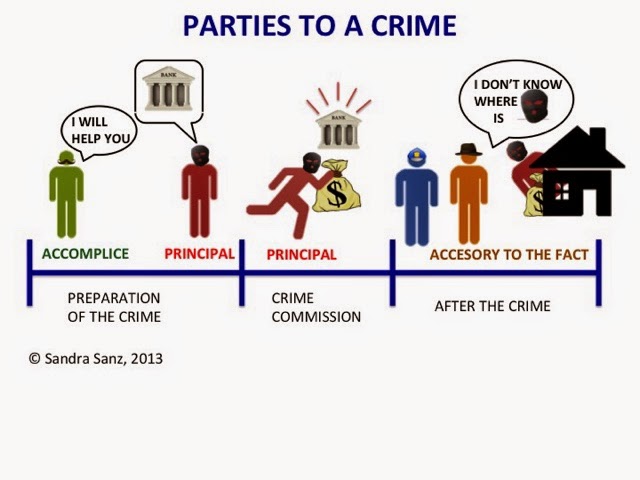Ex Post Facto Law and Bill of Attainder
Limitations on the power of the lawmaking body to enact penal legislation.
The Bill of Rights of the 1987 Constitution imposes the following limitations:
1. No ex post facto law or bill of attainder shall be enacted. (Art. III, Sec. 22)
2. No person shall be held to answer for a criminal offense without due process of law. (Art. III, Sec. 14)
The first limitation prohibits the passage of retroactive laws which are prejudicial to the accused.
An ex post facto law is one which:
1. makes criminal an act done before the passage of the law and which was innocent when done, and punishes such an act;
2. aggravates a crime, or makes it greater than it was, when committed;
3. changes the punishment and inflicts a greater punishment than the law annexed to the crime when committed;
4. alters the legal rules of evidence, and authorizes conviction upon less or different testimony than the law required at the time of the commission of the offense;
5. assumes to regulate civil rightd and remedies only, in effect imposes penalty or deprivation of a right for something which when done was lawful; and
6. deprives a person accused of a crime some lawful protection to which he has become entitled, such as the protection of a former conviction or acquittal, or a proclamation of amnesty.
Congress is also prohibited from passing an act which would inflict punishment without judicial trial, for that would consitute a bill of attainder.
A bill of attainder is a legislative act which inflicts punishment without trial. Its essence is the substitution of a legislative act for a judicial determination of guilt. (People v. Ferrer, 48 SCRA 382, 395)
Source: The Revised Penal Code, Book One, Articles 1-113, Luis B. Reyes, pages2-3, Nineteenth Edition 2017.
The Bill of Rights of the 1987 Constitution imposes the following limitations:
1. No ex post facto law or bill of attainder shall be enacted. (Art. III, Sec. 22)
2. No person shall be held to answer for a criminal offense without due process of law. (Art. III, Sec. 14)
The first limitation prohibits the passage of retroactive laws which are prejudicial to the accused.
An ex post facto law is one which:
1. makes criminal an act done before the passage of the law and which was innocent when done, and punishes such an act;
2. aggravates a crime, or makes it greater than it was, when committed;
3. changes the punishment and inflicts a greater punishment than the law annexed to the crime when committed;
4. alters the legal rules of evidence, and authorizes conviction upon less or different testimony than the law required at the time of the commission of the offense;
5. assumes to regulate civil rightd and remedies only, in effect imposes penalty or deprivation of a right for something which when done was lawful; and
6. deprives a person accused of a crime some lawful protection to which he has become entitled, such as the protection of a former conviction or acquittal, or a proclamation of amnesty.
Congress is also prohibited from passing an act which would inflict punishment without judicial trial, for that would consitute a bill of attainder.
A bill of attainder is a legislative act which inflicts punishment without trial. Its essence is the substitution of a legislative act for a judicial determination of guilt. (People v. Ferrer, 48 SCRA 382, 395)
Source: The Revised Penal Code, Book One, Articles 1-113, Luis B. Reyes, pages2-3, Nineteenth Edition 2017.


Comments
Post a Comment